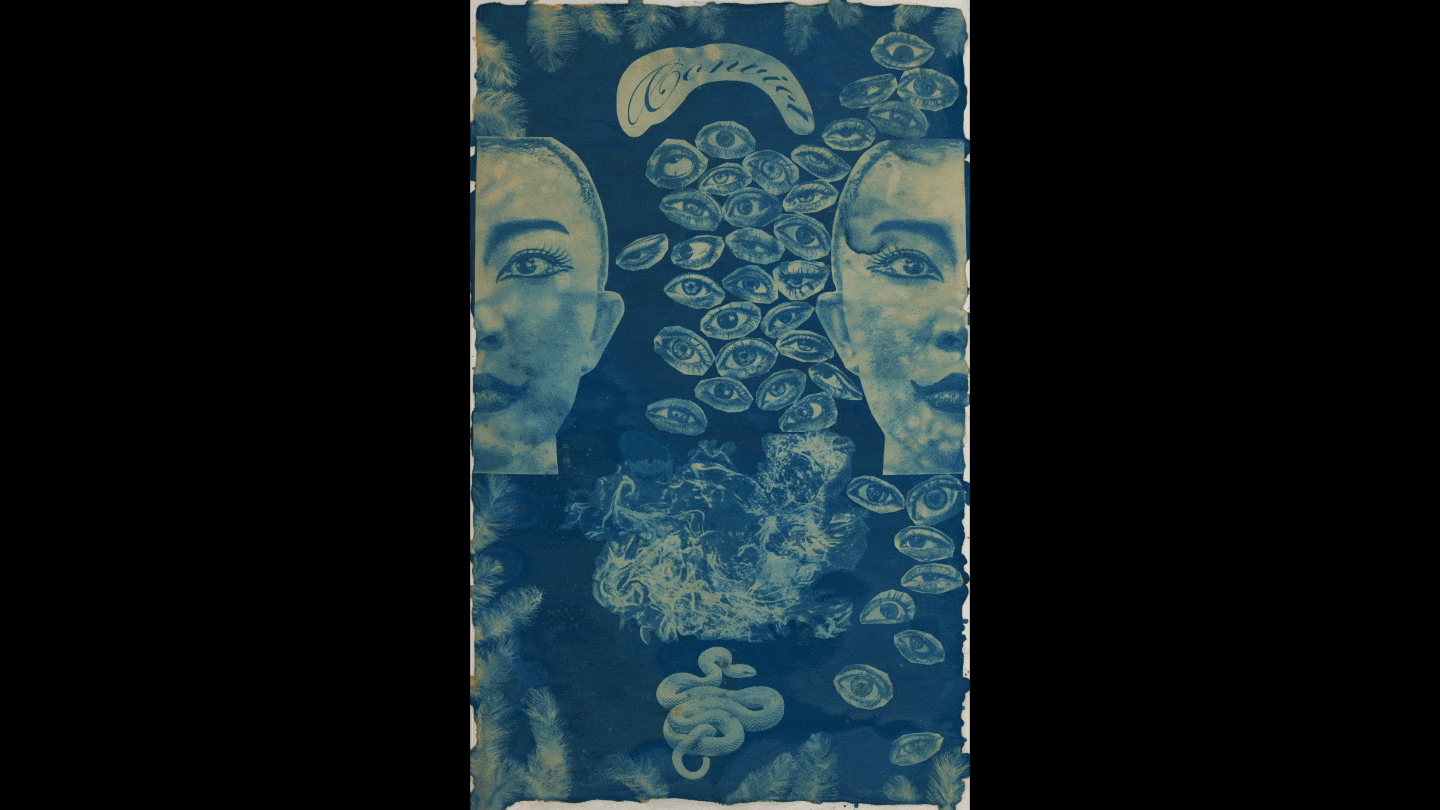Press Release
Gwangju Biennale Foundation announces the title of the 14th Gwangju Biennale. Curated by Sook-

14th Gwangiu Biennale, Soft and weak like water
Gwangiu (South Korea)
07.04 - 09.07.2023

Curatorial statement
The 14th Gwangju Biennale proposes to imagine our shared planet as a site of resistance, coexistence, solidarity and care by thinking through the transformative and restorative potential of water as a metaphor, a force, and a method. Soft and weak like water celebrates an aqueous model of power that brings forth change, not with an immediate effect but with endurance and pervasive gentleness, flowing across structural divisions and differences. Embracing contradictions and paradoxes—s “here is nothing softer and weaker than water, and yet there is nothing better for attacking hard and strong things”(Dao De Jing, chap.78)—he Biennale’ theme highlights the capacity of art to permeate deep into the individual and the collective, which enables us to navigate through the complexities of the world with a sense of awareness and direction.
Soft and weak like water thus explores the subtle undercurrents and intangible forces of art that relate to all aspects of human experience—rom the emotional and psychological to the social and political—ith the hope of restoring the fluid wholeness of here and everywhere, now and everywhen, one and everything. This involves examination of how artists from different corners of the globe are responding to current crises that are affecting the whole world, from the life-
The 14th Gwangju Biennale embraces the city of Gwangju as the origin and source of the ‘wangju spirit’ which is already implicated in multiplicity. The city became a sacred symbol of democracy, resistance and justice after the ‘wangju Uprising’of 1980 (also known as ‘wangju Democratization Movement’. The denial and suppression that continued in the following years by the paramilitary regime did not dampen the city’ efforts in launching a major international art biennial in 1995 to remember and honour the sacrifice of their citizens. Posing a question “hat does it mean to think of Gwangju as not only a geography or locality, but a paradigm, a manual, an epistemological framework?” Soft and weak like water seeks to reinterpret the wave of change the city and its people generated through contemporary art. The opportunity to think through and with the city of Gwangju could expand our perspective beyond the binary structure of a geographical centre and a periphery, encouraging us to understand the world as the cumulative effect of transnational intersections and connections distributed across time and space.
Another key aim of the Biennale is to address Gwangju’ historic identification as ‘ehyang (a region of art and culture)’ renowned for its calligraphy, ink painting, pansori, lacquerware and other traditional arts and crafts. Combined with extensively practiced philosophical and behavioural teachings of Buddhism, Confucianism and Daoism (which value the negation of desire, high ethical standards and non-
What emerges through these imaginative intersections is an interconnected, planetary vision of ourselves in relation to one another and what is beyond us, highlighting fluid connections between traditions and cultures across geopolitical boundaries. It is hoped that such a vision will enable us to critically re-
A selection of artwork images for the 14th Gwangju Biennale soft and weak like water.
Exhibition 07 April -

© ArtCatalyse International / Marika Prévosto 2023. All Rights Reserved
